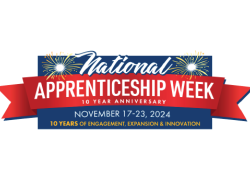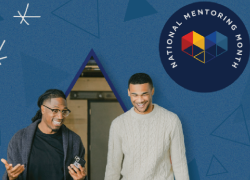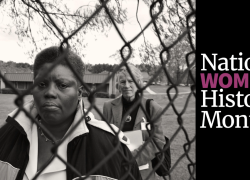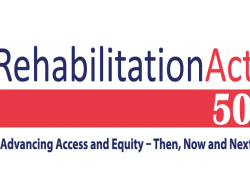The U.S. Office of Personnel Management hosted a virtual summit this week focusing on the importance of Diversity, Equity, Inclusion and Accessibility (DEIA), and approaches to integrating disability employment across all areas of DEIA in the federal workforce. The summit was developed in collaboration with the White House Domestic Policy Council, U.S. Department of Labor’s Office of Disability Employment Policy (ODEP), U.S. Office of Management and Budget, U.S. Equal Employment Opportunity Commission, U.S General Services Administration and U.S. Access Board.
ODEP Assistant Secretary of Labor Taryn Williams, Chief of Staff Anupa Geevarghese and other staff provided presentations, skill-builder sessions and panel discussions on various topics, including equity and civil rights for people with disabilities, accessibility in strategic plans and mission priorities, and strategic recruitment, hiring and retention.
The summit builds upon President Biden’s Executive Order 14035: DEIA in the Federal Workplace, which states that the federal government must be a model for DEIA and must strengthen its ability to recruit, hire, develop, promote and retain our nation’s talent and remove barriers to equal opportunity. A key aspect of the DEIA executive order is its emphasis on access for all, including people with disabilities. ODEP, with its agency partners, is working to educate and engage federal agencies to implement this transformative executive order.
If you missed the event, don’t worry! Here are eight quotes highlighting ODEP’s contributions to the event.


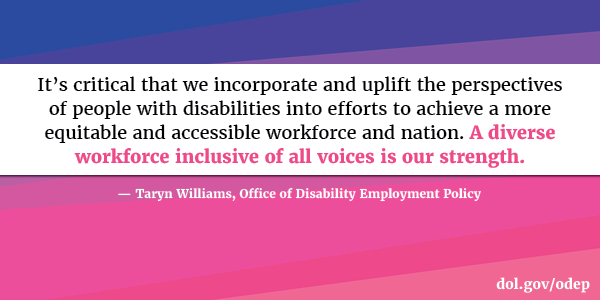
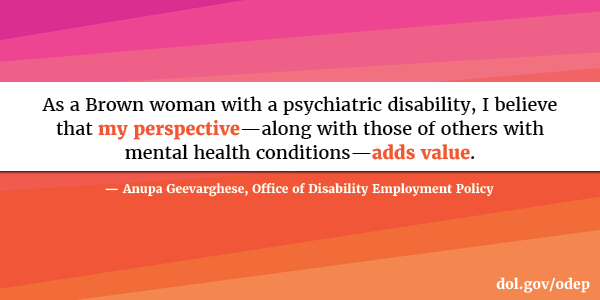
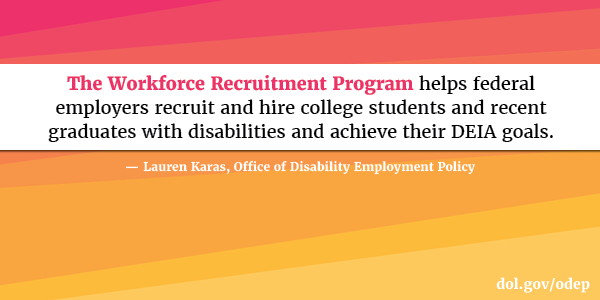
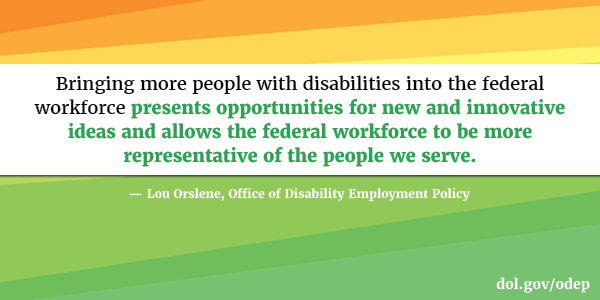
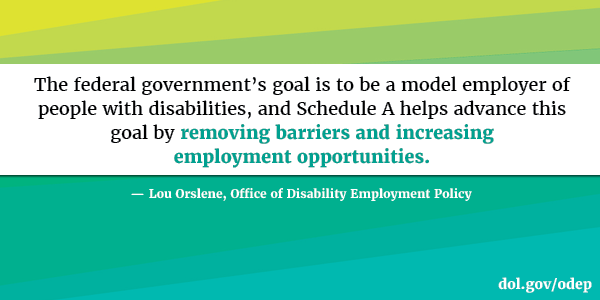
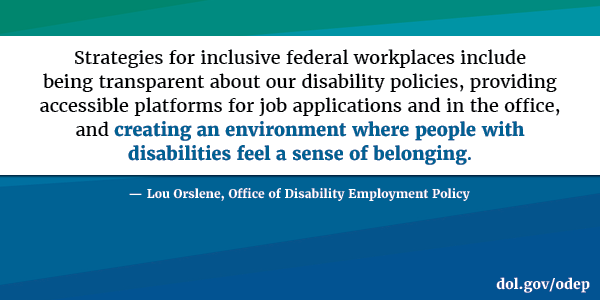

 U.S. Department of Labor Blog
U.S. Department of Labor Blog
